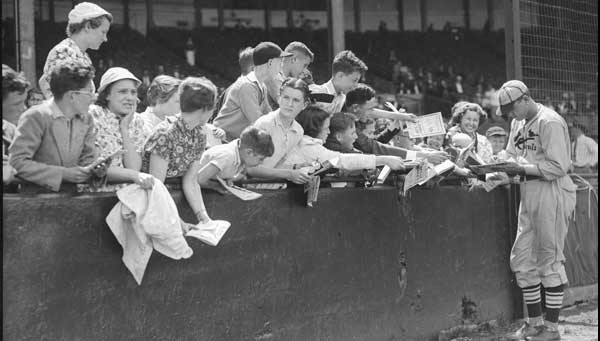
St. Louis Cardinals pitcher Dizzy Dean—noted for his candor, immodesty, malapropisms, and stats during the 1934 season of a 30-7 win-loss record with a 2.66 ERA—famously hated baseball statistics. He claimed a fourth-grade education yet once mysteriously said Cardinals manager Branch Rickey “must think I went to the Massachusetts Constitution of Technology.”
In contrast to the great Dizzy, mathematician Brandon Koch, who played amateur baseball for 15 years, took the un-Deanian stance of admitting a fondness for baseball statistics and even found a way to incorporate arcane factoids into his academic studies—exploiting, for credit, perhaps the last remaining underscrutinized baseball statistic. “I strongly believed that weather impacted the game,” he says, “yet research in this area seemed to be limited.”
Now studying biostatistics at the University of Minnesota, Twin Cities, Koch did his baseball research as an undergraduate in mathematics at the University of Nevada at Reno, where he and his academic adviser, Anna Panorska, analyzed data from 22,215 Major League Baseball games from 2000 through 2011. They compared home and away teams across three temperature categories: cold (less than 60 degrees), average (60 to 83 degrees), and warm (greater than 83 degrees). Their results, published last October in Weather, Climate, and Society, suggest that runs scored, batting averages, slugging percentages, and home runs “significantly increase while walks significantly decrease in warm weather compared to cold weather.”
Koch would like to investigate the relationship further because he suspects that warm temperatures could affect winning percentages for games played at home. Dean (above)—who once said, “The doctors X-rayed my head and found nothing”—would not be impressed.

